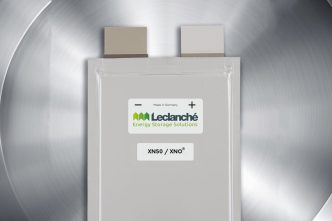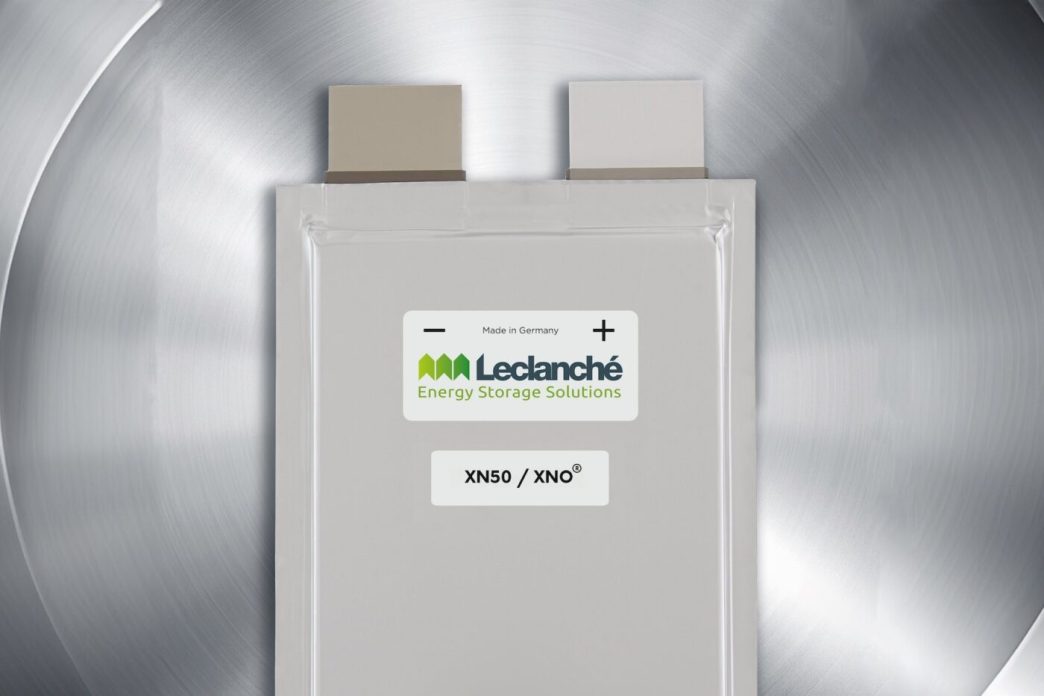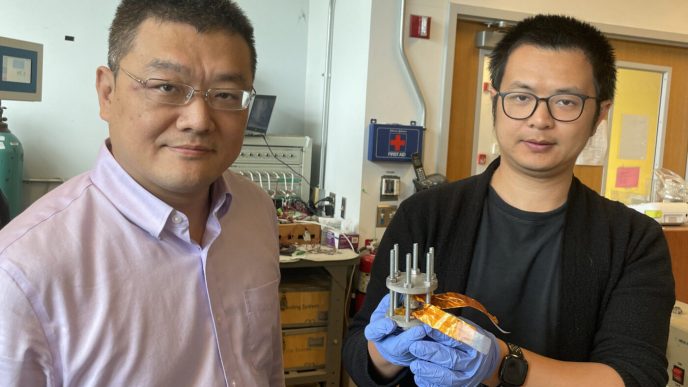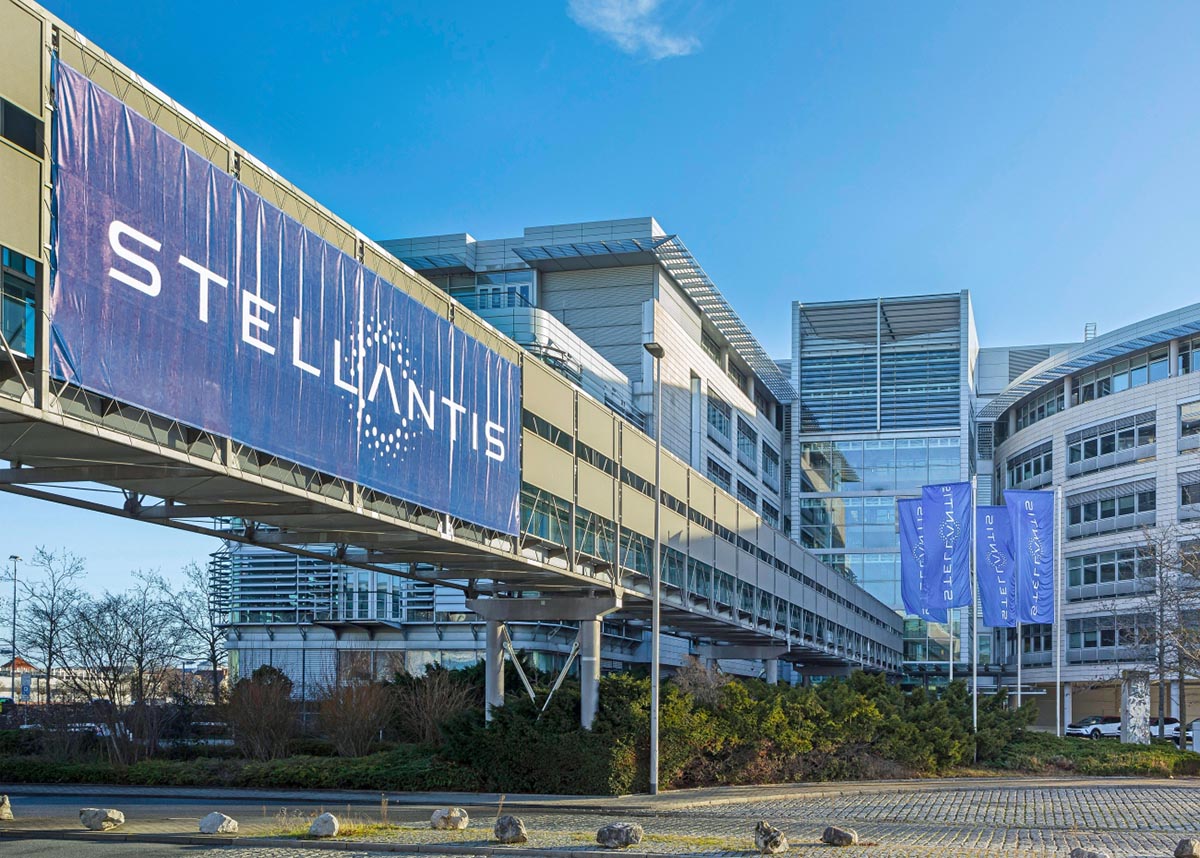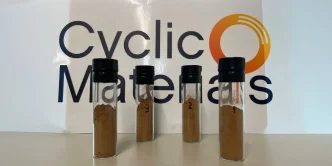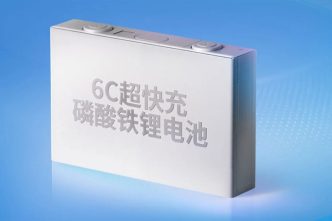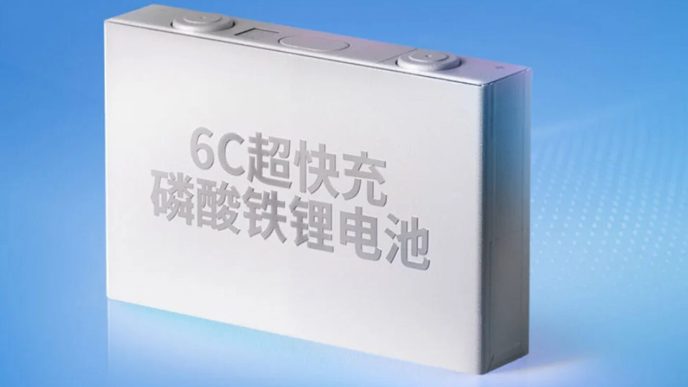Swiss battery manufacturer Leclanché has unveiled the XN50, claiming it to be the world’s first lithium-ion battery cell equipped with Echion Technologies’ XNO, a niobium-based active anode material. This innovative cell is designed to provide integrators and original equipment manufacturers (OEMs) with a differentiated battery solution that surpasses existing chemical compositions, particularly in heavy-duty vehicle, rail, and marine applications.
According to Leclanché, the XN50 cells can deliver high power and are estimated to have a lifecycle exceeding 10,000 cycles in demanding applications. The new niobium-based materials reportedly offer a 50% increase in energy density compared to Lithium Titanate Oxide (LTO) technologies, alongside enhanced cell safety and performance under extreme conditions.
Leclanché has carved a niche in heavy-duty applications, supplying batteries for various sectors, including rail systems—such as an order from Koncar last year—and marine transport, catering to companies like Stena Line and Brittany Ferries. The firm is also committed to environmental sustainability, recently launching the REWIND battery recycling research project in collaboration with the Fraunhofer Institute for Silicate Research ISC, among others. Notably, the XN50 cell features a water-based cathode formulation that ensures its electrodes are PFAS-free, further minimizing its environmental impact.
By integrating the niobium-based anode materials from Echion, Leclanché plans to phase out its current LTO offerings, replacing them with the XNO material. This transition will enable the introduction of a new range of battery modules and pack solutions, which will coexist alongside its existing G/NMC offerings.
The launch of the XN50 closely follows Echion Technologies’ successful funding round, where the British company raised $35 million to commercialize its niobium-based XNO anode material. Jean de La Verpilliere, CEO of Echion Technologies, remarked, “Leclanché teams are setting a new standard for heavy-duty Li-ion batteries with the XN50,” adding that bringing the XN50 into the field at scale “will enable end-users to benefit from a battery specifically engineered for industrial and mass transportation applications, significantly enhancing their operations while reducing emissions.”

